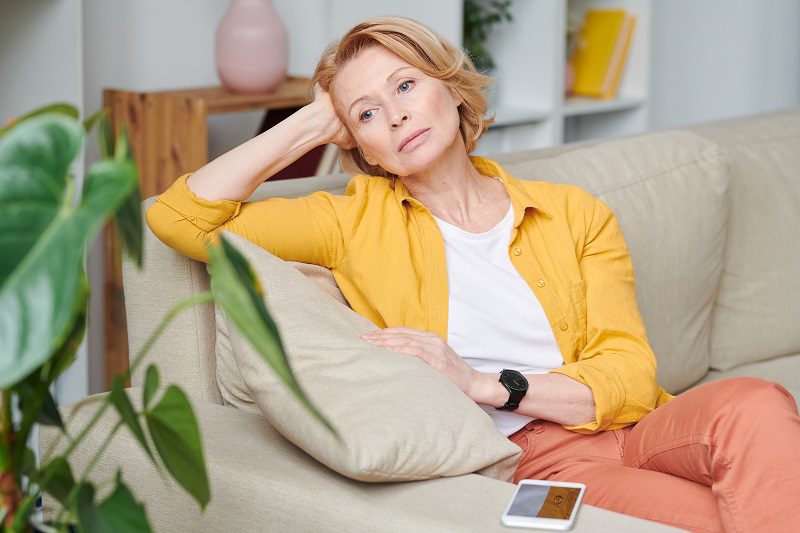
Yeah, during this confusing period you’ve actually become more and more self-sufficient in many ways. However, you should be careful that you do not become too confident that you try these inadvisable or even risky activities that you should leave to professionals.
Leave these to the pros
The coronavirus quarantine has many of us becoming at least somewhat more self-sufficient. Since many of us are stuck in our homes, unable to go out for essential services we used to rely on, we began to think how hard that could be?
But here are some things, you’ll want to stay away from trying yourself according to experts and professionals in those fields. And there’s a good reason for that. These people are experts for a reason, there are quite a few things that you shouldn’t do on your own, from hair care to home maintenance activities.
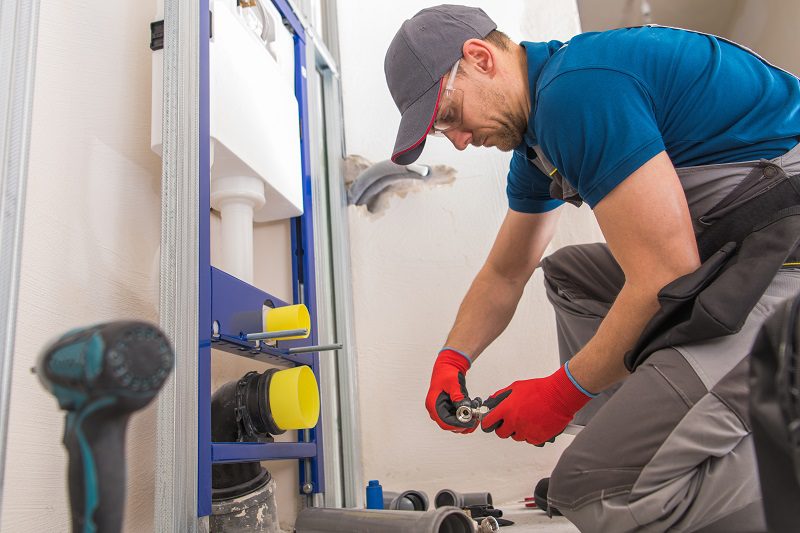
Plumbing tasks
From the worries regarding toilet paper to the concern that COVID-19 can be carried by toilets and what goes into them, there is an upheaval in the everyday goings-on of toilets and bathrooms. Yet the norms aren’t so wacky that you should be taking on DIY plumbing tasks.
“Plumbing systems are [an] area in which maintenance work should, most times, be handled by licensed professionals, no matter how easy certain fix-it tasks might appear in a DIY plumbing advice manual,” says Doyle James, president of Mr. Rooter Plumbing. “They require perfection, and even the slightest error could set everything off balance.”
For instance, if you’re trying to repair a sink, “it’s difficult to find out exactly where the problem is unless you take the pipes apart, and this can be a very risky undertaking.”
The last thing you want in this quarantine is a massive plumbing headache with everything else that’s going on right now. Plumbers are important, but use good judgment about calling a plumber during this crazy period, or wait until things are safer, depending on the nature of the problem.
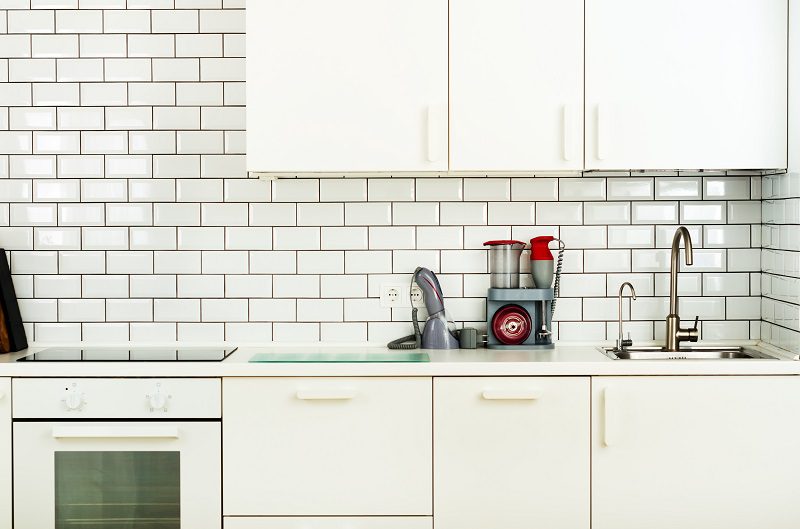
Certain remodeling projects
Sure, it can be tempting to start a home improvement project with all of this free time. Or maybe you’re just getting sick of looking day after day at the same kitchen setup. While there are many home projects that are safe to DIY, anything more complex than that or something that you would usually call in a professional for, should definitely wait.
Steve Booz, vice president of marketing at Royal Building Products, suggests a couple of specific examples. “Siding, for sure, is not a DIY project,” he told RD.com. “As the siding is key to the water management system of the home, this is a ‘must do properly’ task—not to mention the safety aspects of working from heights. Leave siding to the pros.”
He also warns against attempting your own decking project unless you are a professional DIYer. We have seen too many injuries result from deck collapses, so we always recommend a qualified decking contractor,” Booz says.
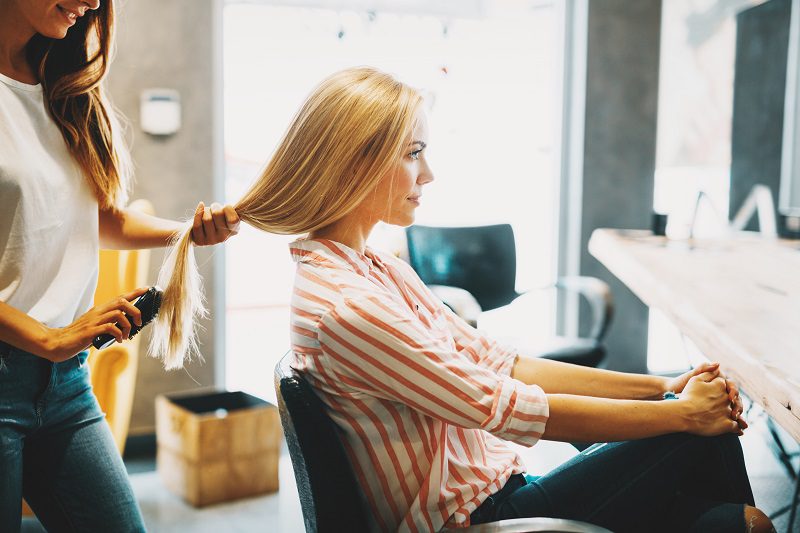
Haircuts
There was a bit of buzz about people from around the world of trying to cut their own hair, with mixed results. And, frankly, this one is something of a personal preference matter. If you’re willing to face all kinds of potential consequences, you should go ahead and try and cut your own hair.
(You’re probably better off asking a trustworthy person who’s quarantined with you to do it instead, if possible.) But Joe Flanagan, the founder of the 90sFashion World fashion blog, is urging you to think long and hard before you decide to cut your own hair. “Chances are you will end up depressed with an irregular bang and shorter hair than you wanted,” he says.
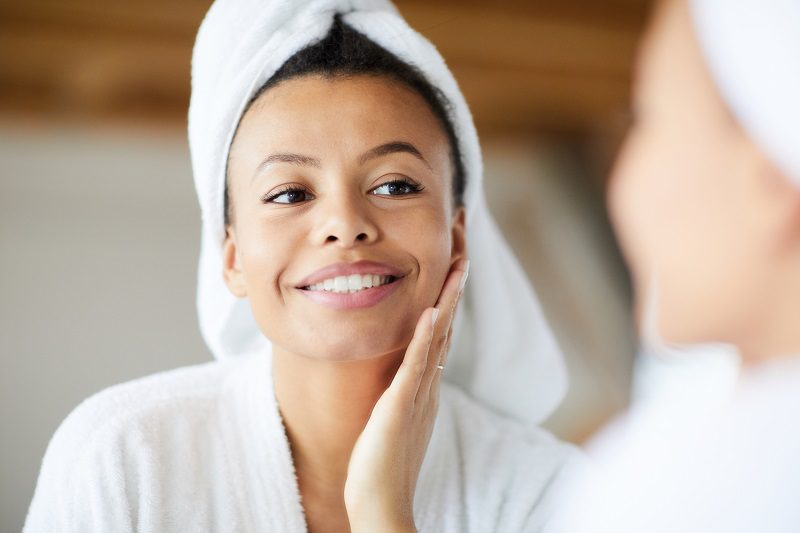
Dermaplaning
If you don’t know what dermaplaning is, it basically means having “an extra close shave, taking the superficial dead skin off your face as well as the peach fuzz,” Dr. Prichard explains.
That is something that people must go to an aesthetician to do. So, no, not something you can try on your own. “It takes a certain level of skill,” Dr. Prichard says. He warns that the first few times you try it out there is a serious risk of cutting yourself, not to mention that doing it wrong “could cause paralysis, droopy eyelids, and more,” he adds.
But he explains there are safer alternatives to seek out; Dr. Prichard suggests dimmer or micro-needling rollers. They’re pretty safe to DIY, as long as you “don’t press too hard or get overaggressive,” he adds.
“Set up an appointment with an aesthetician for any questions about skincare during this time,” he suggests.
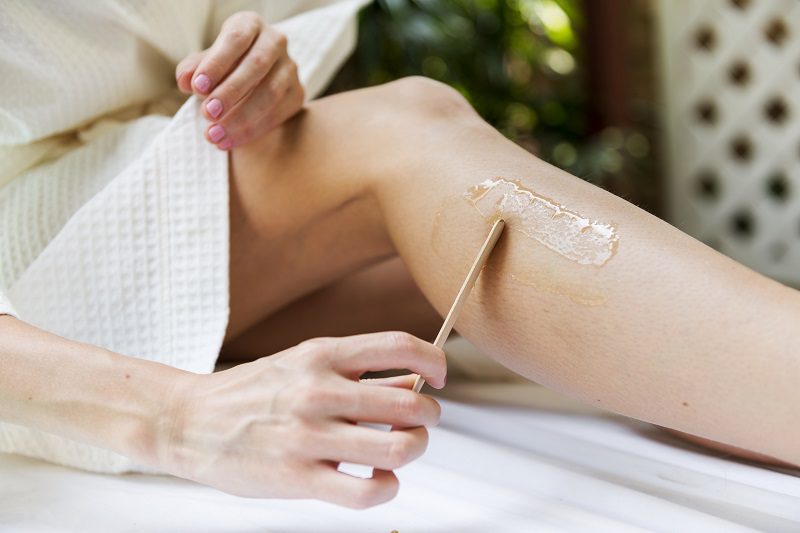
Waxing
Does the idea of self-waxing at home always makes you cringe? But on the other hand, the idea of a proper beauty routine overpowers your cringe?
Alas, Flanagan strongly advises against trying to self-wax at home. “It takes a lot of practice to wax your own legs and it is always nice to have the chance of getting pro help if something goes wrong,” he says.
If you ever feel the need to remove any of those hairs, he recommends that your legs are the easiest place to try. Just don’t try to wax delicate areas!

Body piercings
On the off chance you’ve been contemplating starting a temporary piercing parlor at home… just don’t.
“It may seem like a fun and harmless way to pass the time, and maybe even induce a much-needed adrenaline rush, but almost a third of all piercings in young adults result in complications, many of which require medical attention,” says health and wellness expert Caleb Backe.
The last thing you want to do right now contributes to the health-care system burden.
“Despite the fact that sticking a needle into your body looks simple enough, piercing any body part requires a high level of expertise,” Backe adds. “Far beyond the risk of an uneven hole is the risk of infection and nerve damage that you leave yourself susceptible to.”
Please stay away from any unhealthy and inadvisable activities such as this, no matter how much you feel like you need it.
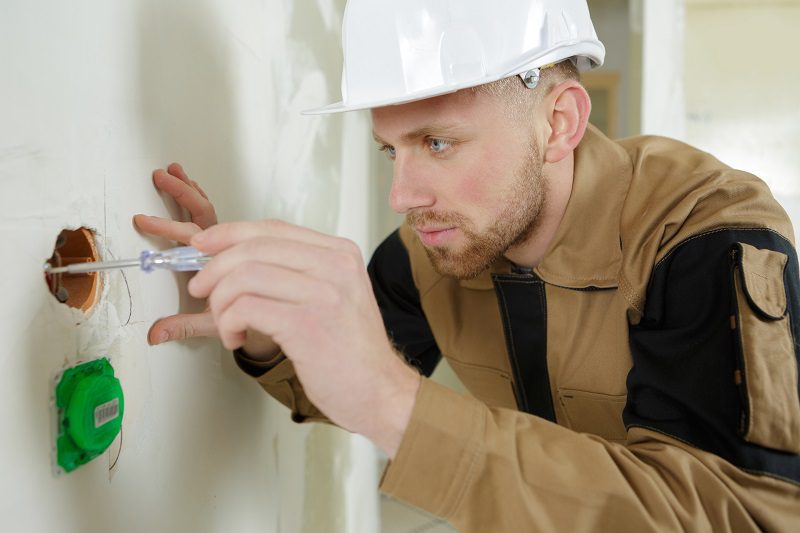
Repairing electrical fittings
Security alert! It’s always dangerous to try to do electrical repair work, but you certainly shouldn’t try it during a quarantine, when help could be hard to get through if something was going wrong.
“As a master electrician, I would advise you to not try and repair any of the electrical fittings at home unless you are trained at that sort of a thing,” says David Walter of ElectricianMentor.com. He says the adverse consequences of attempting to do electrical repairs can vary from violating an electrical code to even triggering a fire.
“A minor electric problem here and there can certainly be attended to later after things return to normal,” Walter says.
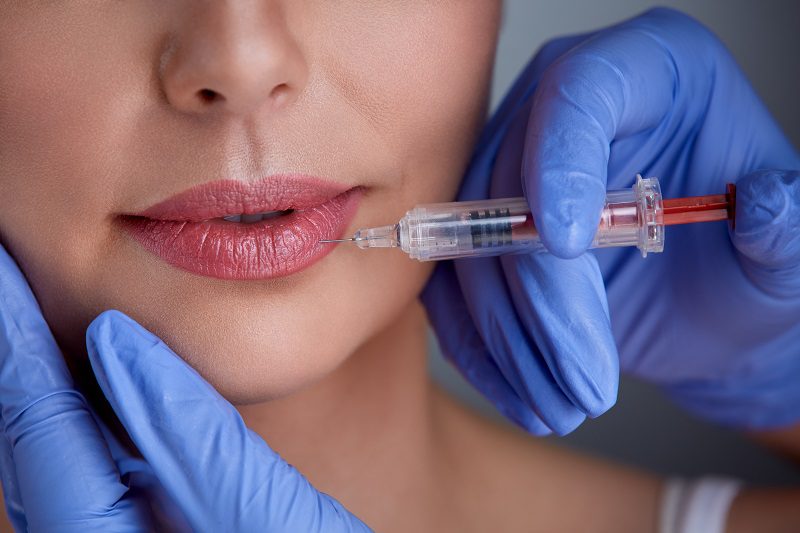
Botox and filler
If do-it-yourself Botox sounds like a catastrophe waiting to happen, that is because it is indeed a disaster. And yet, Pablo Prichard, MD, a board-certified plastic surgeon based in Scottsdale, Arizona, has seen it happen.
“People are bored; they can’t go to their plastic surgeon or dermatologist, [so] they’re scouring the Internet,” Dr. Prichard says. It’s definitely a dark side of the wide ability and spread of information online. “You can buy black-market Botox and black-market filler,” he warns.
Certainly, people trying out such DIY procedures can seem convincing, not to mention that it costs far less money than a professional appointment.
The products are “black-market” for a reason. “The problem with these is that they’re completely unregulated by the FDA,” Dr. Prichard warns. “Anything that you’re buying [is] not going through a health care professional.”
So that proves you have no idea what’s in those kits, no matter how convincing the instructions can seem. The dosage can be either too potent or incorrect. It’s not worth the risk.
“Patients have had these foreign fillers injected into their face, only to cause facial necrosis,” he says. This can have nasty consequences like blackened, dead skin; holes in the face; infections; and otherwise permanent damage.
“Even if it is a legitimate product, somebody who’s not skilled in injecting it can inject it into the wrong spot,” Dr. Prichard says.
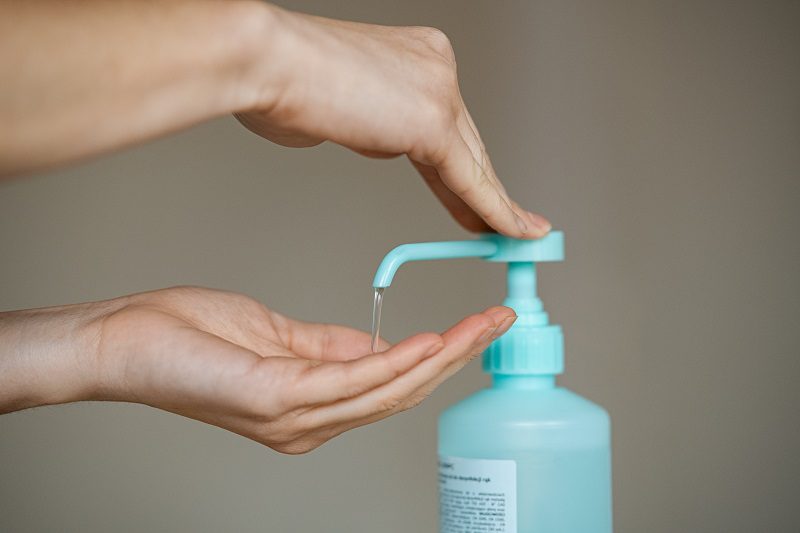
Making a hand sanitizer
Yes, you can create your own DIY hand sanitizer. Sure, now seems like the perfect time to attempt to make it, with manufactured hand sanitizers all but gone from store shelves. Totally fine, but most health experts believe it might be more trouble than it could be worth.
And if you have access to water and soap, you don’t need to make a hand sanitizer. Additionally, if your hands are clearly dirty then DIY hand sanitizer will not be successful.
And, obviously, perhaps the most extreme, worst-case scenario might be attempting to create a hand sanitizer. “What I am looking at now is people mixing various chemicals to make sanitizers and household disinfectants,” says Jagdish Khubchandani, PhD, associate chair and professor of health science at Ball State University. “We must admit that people in the general population are not experienced or qualified to make a lot of these things.”
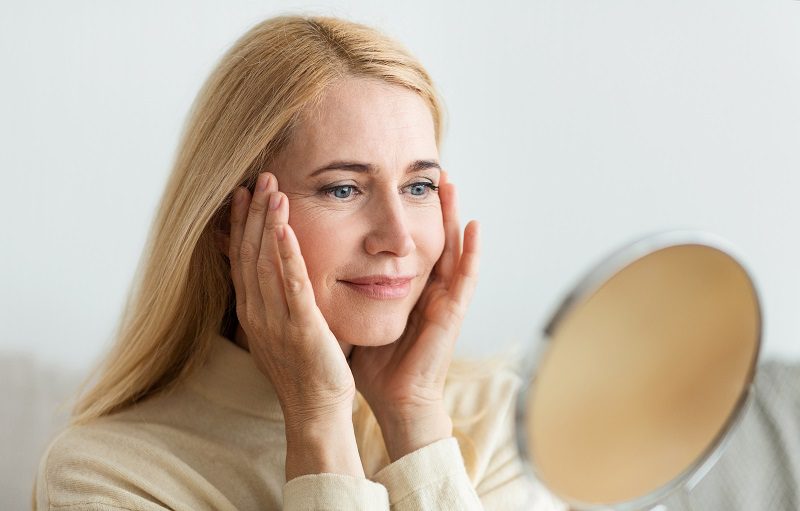
Self-diagnosing medical conditions
There’s a reason why health care professionals are important! Nesochi Okeke-Igbokwe, M.D., warns that it can often be risky to try to diagnose, and treat, a health problem yourself. Yeah, right now you may be hesitant— justifiably — to really go to the doctor or urgent care and add to the pressure on the health system.
But that does not mean you can self-diagnose. If you have genuine, pressing health issues, you can still call your doctor. “Keep in mind that most doctors are offering virtual telemedicine services and many health insurance carriers are even waiving co-pays for these telehealth visits during the coronavirus pandemic,” Dr. Okeke-Igbokwe says. “So if you have a health concern, you should touch base with your doctor.”























